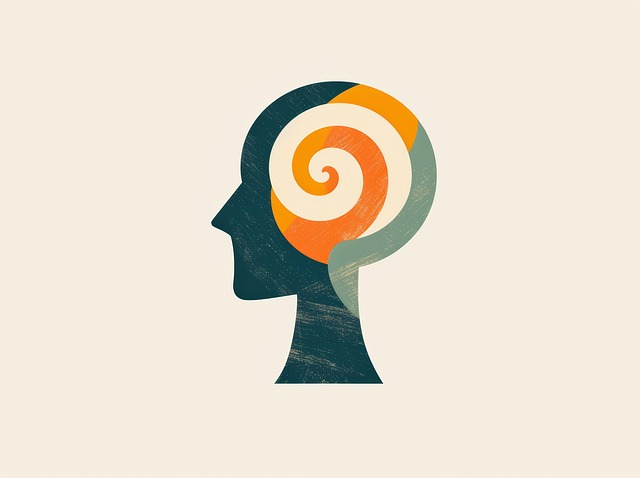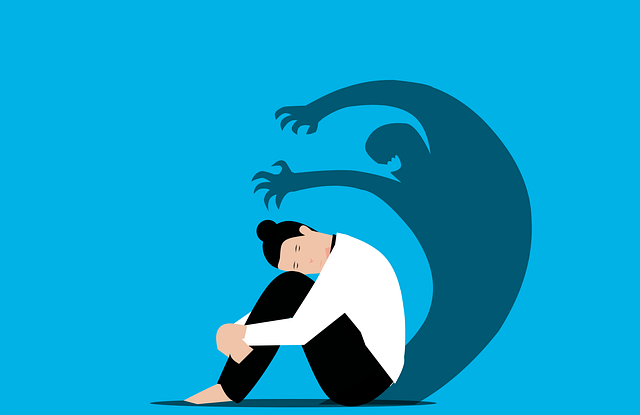Mental wellness is a key aspect of overall health, and its decline can lead to issues like anxiety or depression, highlighting the need for professional help from services such as Parker Child Abuse Therapy. Effective interventions, including policy analysis, prevention strategies, and risk assessments, are crucial in addressing these challenges, especially for vulnerable populations. Journaling, a transformative therapeutic tool offered by Parker Child Abuse Therapy, enables individuals to explore their thoughts and emotions safely, manage stress, regulate emotions, and gain insights into behaviors. Creating a dedicated, sacred space for journaling enhances self-care and emotional regulation, leading to anxiety relief and improved mental wellness. Through structured journaling exercises like gratitude lists and positive affirmations, individuals develop coping strategies and resilience, track progress, and gain valuable insights for long-term mental wellness.
Mental wellness journaling is a powerful tool for self-discovery and healing, offering individuals a safe space to explore their thoughts and emotions. This article guides you through the transformative journey of using journaling as therapy, focusing on techniques gained from Parker Child Abuse Therapy. We’ll delve into understanding mental wellness, the benefits of journaling, and how to create a personal sanctuary for your practice. By the end, you’ll be equipped with tools to enhance your mental well-being.
- Understanding Mental Wellness and Its Impact on Individuals
- The Power of Journaling as a Therapeutic Tool
- Creating a Safe Space: Setting Up Your Journaling Practice
- Effective Techniques for Journaling Exercises in Parker Child Abuse Therapy
Understanding Mental Wellness and Its Impact on Individuals

Mental wellness encompasses an individual’s emotional, psychological, and social well-being. It is a vital aspect of overall health, influencing how we think, feel, and act in our daily lives. Understanding mental wellness involves recognizing its impact on various facets of life, from relationships to productivity and overall quality of life. When mental wellness is compromised, it can lead to conditions such as anxiety, depression, or more severe disorders that require professional help, including Parker Child Abuse Therapy services.
The impact of poor mental wellness can be profound, affecting an individual’s ability to cope with stress, make decisions, and maintain healthy relationships. This is particularly crucial for vulnerable populations, where mental health issues may arise from traumatic experiences or complex social environments. Effective interventions, such as those advocated for in Mental Health Policy Analysis and Advocacy, Depression Prevention strategies, and risk assessments by professionals, play a pivotal role in addressing these challenges. By promoting mental wellness and providing timely support, individuals can lead more fulfilling lives, fostering resilience and enhancing their overall well-being.
The Power of Journaling as a Therapeutic Tool

Journaling has emerged as a powerful therapeutic tool, offering individuals a safe and private space to explore their thoughts and emotions. This simple yet profound practice can significantly contribute to mental wellness, especially for those who have experienced trauma or are navigating challenging life circumstances, such as what Parker Child Abuse Therapy focuses on. By putting pen to paper, individuals can begin to untangle complex feelings, gain clarity, and develop a deeper understanding of themselves.
The act of journaling allows for self-reflection and introspection, providing an outlet for expression that is uniquely personal. It enables individuals to process experiences, identify patterns, and gain insights into their behaviors and reactions. Moreover, regular journaling can be an effective stress management technique, as it helps to externalize worries and promotes emotional regulation, aspects that are crucial in the design of mental health education programs. Even conflict resolution techniques can benefit from this practice, offering individuals a chance to calm down, reflect, and approach conflicts with renewed perspective.
Creating a Safe Space: Setting Up Your Journaling Practice

Creating a safe space is an essential step in establishing your journaling practice as a powerful tool for mental wellness. This involves finding a quiet and private area where you can express yourself freely without fear of judgment or interruptions. It could be a dedicated corner in your home, a peaceful spot outdoors, or even a locked digital notebook on your phone. Making this space sacred helps you transition into a mindset of self-care and reflection. Consider decorating it with items that soothe and inspire you, such as candles, plants, or motivational quotes.
For individuals who have experienced trauma or are recovering from child abuse, like those supported by Parker Child Abuse Therapy, setting up this safe space is even more critical. It provides a sense of control and security while allowing for emotional regulation and positive thinking. Start journaling in this space regularly to develop a consistent routine that supports anxiety relief and promotes overall mental wellness.
Effective Techniques for Journaling Exercises in Parker Child Abuse Therapy

In Parker Child Abuse Therapy, effective journaling exercises play a pivotal role in enhancing mental wellness and facilitating healing. One powerful technique involves prompting individuals to reflect on their emotions by writing about significant events or experiences. This practice encourages self-awareness by helping them identify and label feelings, which is crucial for mood management. For instance, prompts like “Describe a moment when you felt safe” or “Express how you’re feeling today” can open doors to emotional understanding.
Additionally, structured journaling formats such as gratitude lists or positive affirmation exercises are valuable tools in the Mental Wellness Podcast Series Production. Crisis Intervention Guidance often incorporates these practices to teach individuals coping strategies and promote resilience. By regularly documenting thoughts and emotions, individuals can track their progress, identify patterns, and gain insights that support long-term mental wellness.
Mental wellness journaling can be a transformative practice, offering individuals a safe space to explore their thoughts and emotions. As demonstrated by techniques in Parker Child Abuse Therapy, this method empowers people to take control of their mental health. By setting up a dedicated journaling practice, we can unlock the therapeutic benefits of self-reflection, fostering resilience and enhancing overall well-being.














